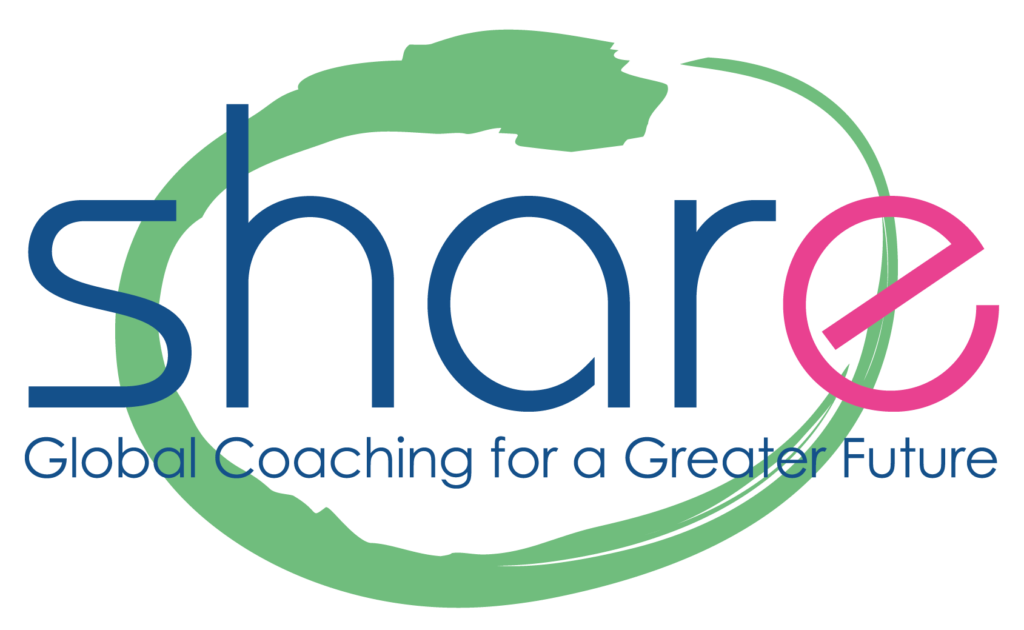When I started working as a coach, I had the chance to have a supervisor known world-wide for his intellectual and human qualities. His name was Carlo Moïso (1945-2008). Moïso developed some very powerful concepts, which I have proposed to describe in my monthly articles. Among them is the “5 U’s” concept, which has a major impact on our professional and personal lives.
The second “U”: man’s unfitness
I can foresee readers’ reactions: “unfit for what?” or “I am not unfit, I am perfectly competent in my field” or yet “of course we are all unfit; nobody is perfect.” This is all true. In the realm of evolution of the species, man is a perfect example of nature’s capacity to adapt: our body and our brain have enabled us to evolve and to contribute to the world’s development, reaching unthinkable levels at an ever faster pace. And yet, today more than ever, people are talking about “adaptability”, “flexibility”, “resilience”, but also “complexity”, “stress”, “burnout”,…
Society’s demand for perfection
Companies today, more than in the past, set up leadership programs that define an “ideal” pattern of behavior which employees within the organization must learn to conform to. This pattern of behavior often includes management of complexity, adaptability, ability to react, empathy, sharing among colleagues, implementing innovative solutions, etc.
Society, like companies, defines an ideal model we must conform to at every level of our lives: we must succeed in our work, be an attentive parent, have a gratifying relationship with our partner and be in top form. From childhood onwards, our children face the same quest for an absolute ideal: they must excel in school and in at least one sport, play a musical instrument, learn two or three languages, do an internship abroad, etc.
The “all-in-one” principle seems to be the be-all and end-all of a successful life. A person MUST have unlimited knowledge AND perfect social skills AND an exemplary savoir-faire.
The super-power illusion
In such tense situations, the rush towards perfection encourages the illusion that there are no limits to man’s power. It is true that it is both stimulating and useful to strive towards an ideal. Yet reaching this ideal is limited by our structural unfitness, as Carlo’s second “U” appropriately reminds us. In fact, even though it is difficult to admit it:
• we are not an ideal, we are quite real
• reality never reflects 100% of an ideal
• should we really become perfect, what would be left in life for us to do or to improve?
The illusion of perfection
We are all familiar with this universal truth: perfection doesn’t exist. Then, how can we explain that we strive to attain that illusion of perfection and consider certain persons as the perfect examples of success?
These life models, these great managers, these “superstars” are in no way perfect, but they possess two secrets that convey the illusion of perfection:
• They know better than others how to hide their imperfection
• They know better than others how to highlight their qualities
The ability to hide our imperfection: advantages and disadvantages
The great advantage of knowing how to hide our imperfection is that it conveys the illusion that we are perfect, suitable for a particular situation and powerful. Such a skill can be very useful under certain circumstances: for instance, when we try to sell a product or a service to customers, when, facing a crisis, we have to reassure our co-workers, when we try to motivate our co-workers to move forward…
Yet there is a major drawback: the more a person rises in the company ladder or gains competence in a particular field, the more he or she risks forgetting that he/she is unfit by nature. The risk is falling into the trap of the super-power illusion, acquiring as a consequence an unshakable conviction that the social mask has become a reality.
This is dangerous, because it leads us to neglect two resources which are at the root of every inner renewal and which push us to move forward, instead of resting on our laurels:
• humility: accepting our mistakes and turning them into sources of learning;
• awareness of other people’s worth, for others can help us to move forward and can provide new resources.
This tendency to hide our unfitness and consider ourselves perfect, besides wasting precious resources, has a negative consequence: solitude.
In fact, who would want to share his/her life, his/her work with a man/woman who thinks he/she knows everything and who makes it clear that nobody is good enough to contribute to better his/her life or company?
Solitude does not necessarily mean that we are physically alone: we could be surrounded by lots of people who admire and respect us, but are afraid of us.
The kind of solitude I am referring to is much deeper and reveals itself through precise indicators:
1. spending more time than necessary to convince our co-workers, trying to impose our ideas rather than listening to others, asking questions, exchanging queries and doubts;
2. the same problem arises at home when we concentrate exclusively on our well-being, thus eluding problems, failing to see that our child has difficulties at school or doesn’t want to play the piano or go in for sports and scolding him/her because “he/she can do better”, in sum imposing rather than listening and sharing. It is so much faster and effective to function this way!
Our illusion of perfection can keep us from perceiving these indicators; rushing blindly towards perfection at all costs can lead us astray…
Let us highlight our uniqueness
Let us examine the second asset necessary to convey the illusion of perfection: the enhancement of our qualities. Carlo Moïso claimed that we are all UNIQUE.
Each one of us is made up of a unique alchemy comprising great qualities and great shortcomings. As a result each one of us resembles no one else. Our uniqueness is made up of our natural talents, our technical skills and our experience.
Finding our uniqueness is the secret to learn to accept ourselves as we are, which means being fully aware of the strengths and weaknesses that would lead us to gradually build our personal “trademark”.
Our experience is the precious tool that will ultimately create our uniqueness, provided we manage to learn from our mistakes and our accomplishments and look at them with humility. This is how we will build a solid basis for our personal identity. In order to achieve this goal, I often give the following advice to managers, much to their amazement: accept the possibility of making mistakes, dare to look at these mistakes and learn from them. There is, however, one condition: be creative, don’t make the same mistakes over and over again, for this would mean that you have been unable to look at them with courage and to learn from them!
The questions we must ask ourselves in order to draw a fitting career path
The current western culture drives us towards a “royal” road: rise in the company’s ladder, take on management responsibilities, work harder, earn more money, do more of everything.
Regardless of whether we have this kind of ambition, it is important that we find the answers to some essential questions when we are at a turning point of our career, be it a promotion, a change of jobs, a dismissal, the creation of a company, a change of professional direction….
• Does it fit my uniqueness? Am I really suited to this job? Does it highlight my uniqueness?
• Does it fit my profound motivations? Do I really want this?
•Does it fit my lifestyle ? Does this job correspond to this phase of my life?
Conclusion
By answering these questions we will become aware of, and in tune with, the person that we really are. This will enable us to make choices that will bring significant benefits. This is the true meaning of Carlo Moïso’s second “U”: let’s stop striving for absolute perfection, let’s accept ourselves as we are, let’s highlight our uniqueness, however inadequate, so as to blossom in our life and in the world that surrounds us.



